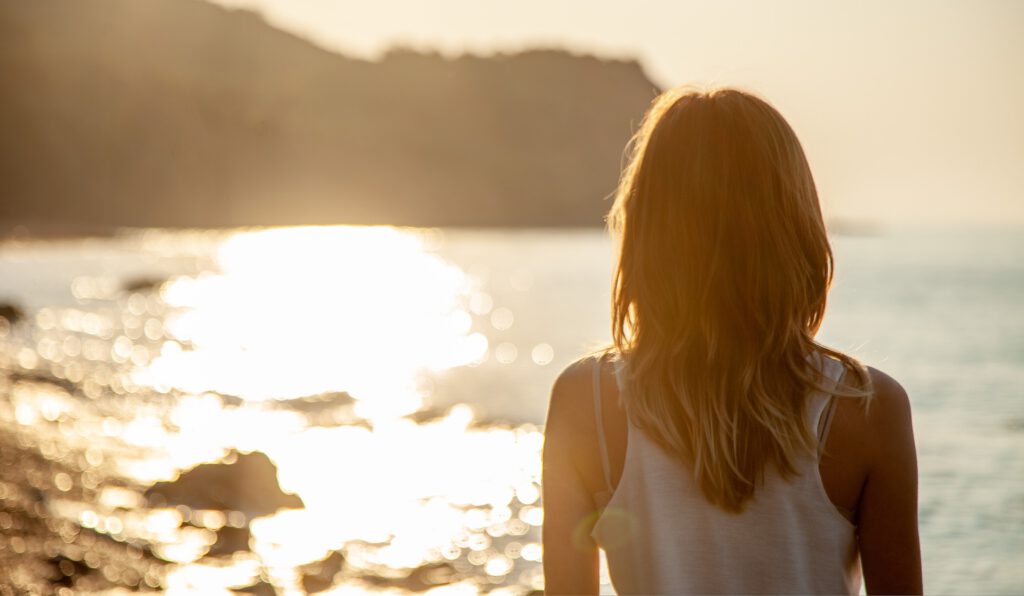Is it possible to learn how to surf after 30?
Is it possible to start surfing in your 30s?
When we look at an average surfer, we think of a young surf blokes or surf girls. As a 30-year-old you may doubt whether you can still learn to surf at your age. But, surfing is possible at any age! There are plenty of 30s, 40s, 50s, and even 60s surfing! Learning to surf is also possible at any age. Since it is mainly about applying the right methods to stand on your board and surf the surf.
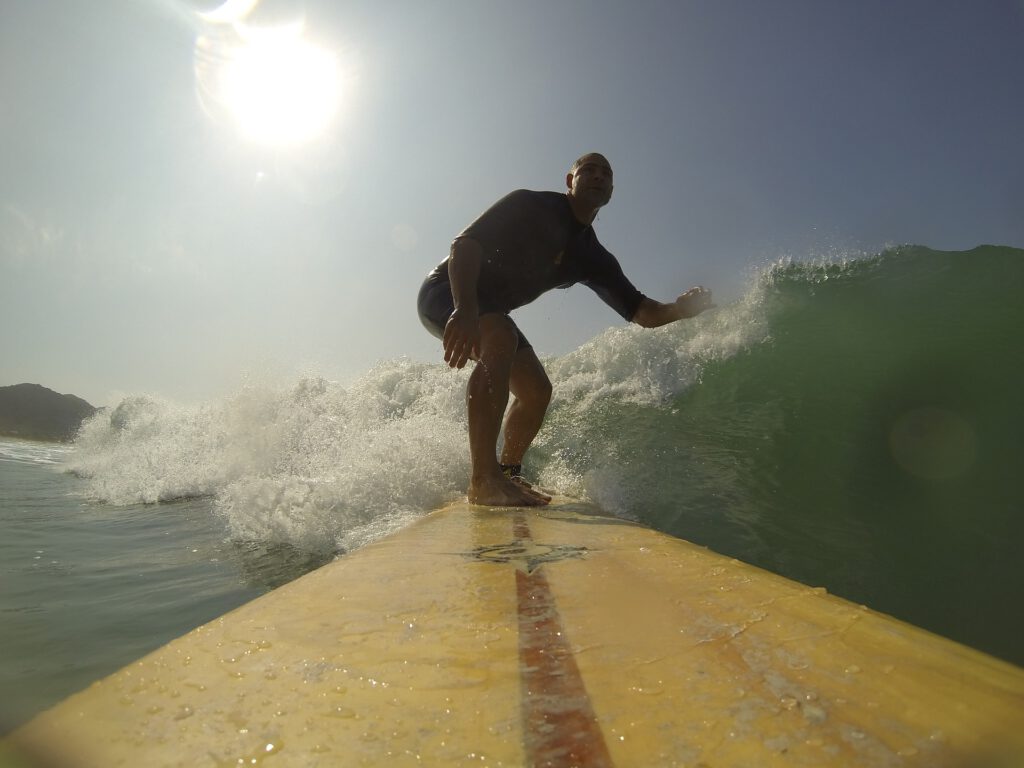
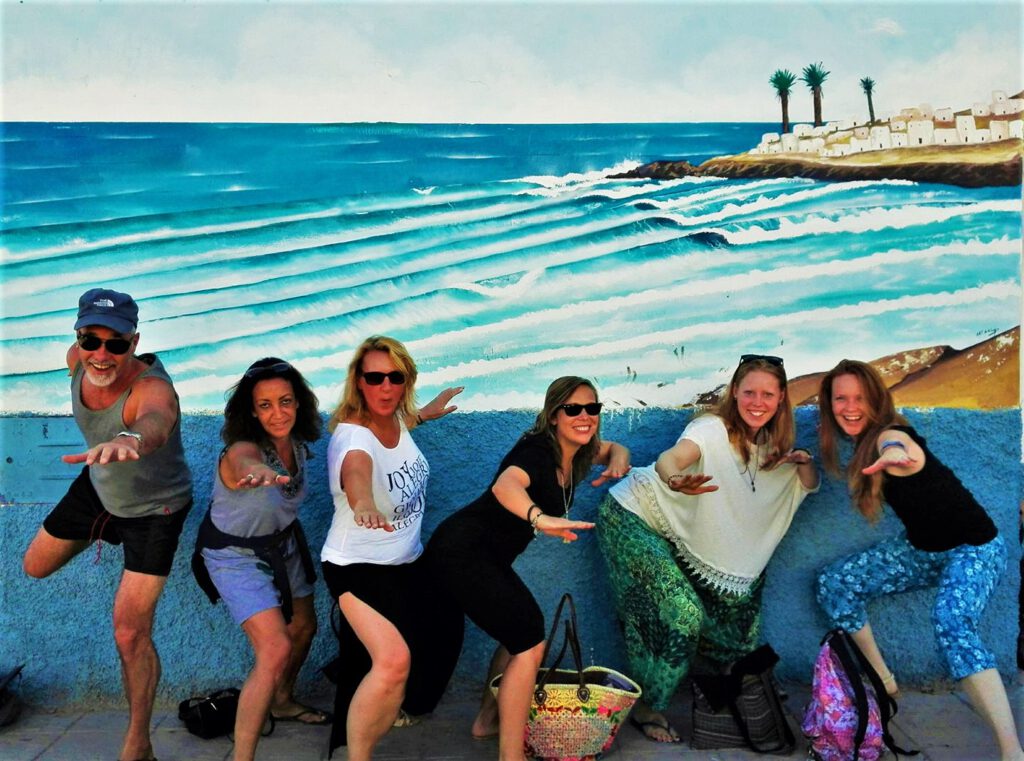
Participating a surfcamp when you are 30 and older
It is a pity that in most surf camps the young people are overrepresented. After all, you want to learn to surf as a 30-something in a place that best suits the surfing life.
Besides a surf lesson, a surf camp is one of the best ways to learn to surf. That’s why our surf camp organizes a week every 6 months that is specially designed for people over 30 who want to learn to surf!
Check out the 30+ surfcamp surfholidays!
Is it harder to learn to surf when you’re 30?
We believe that learning to surf really doesn’t depend on age. Important things that do affect the ability to learn to surf are:
– Your physical condition (young people can be in bad shape too!)
– The ability to maintain balance
– Your relationship with the sea (are you afraid of the waves or do you like being in the sea?)
– The extent to which you are taught good methods for surfing, and the extent to which you apply these surfing methods
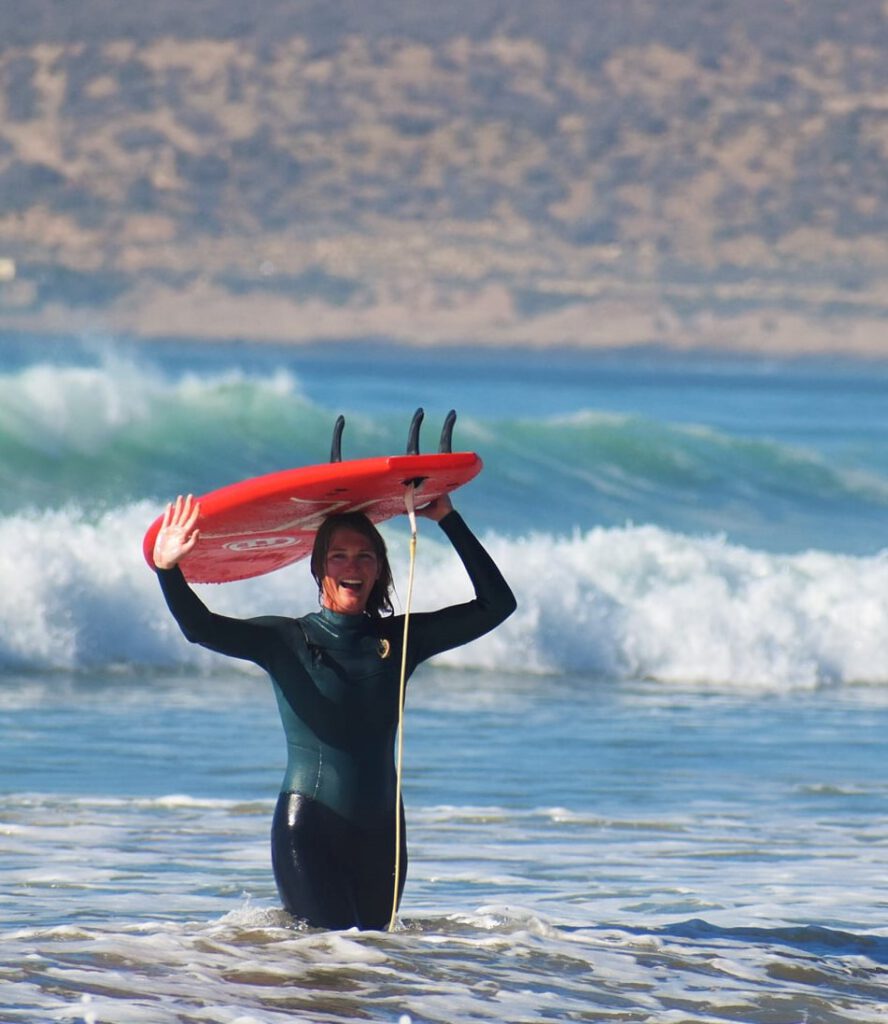
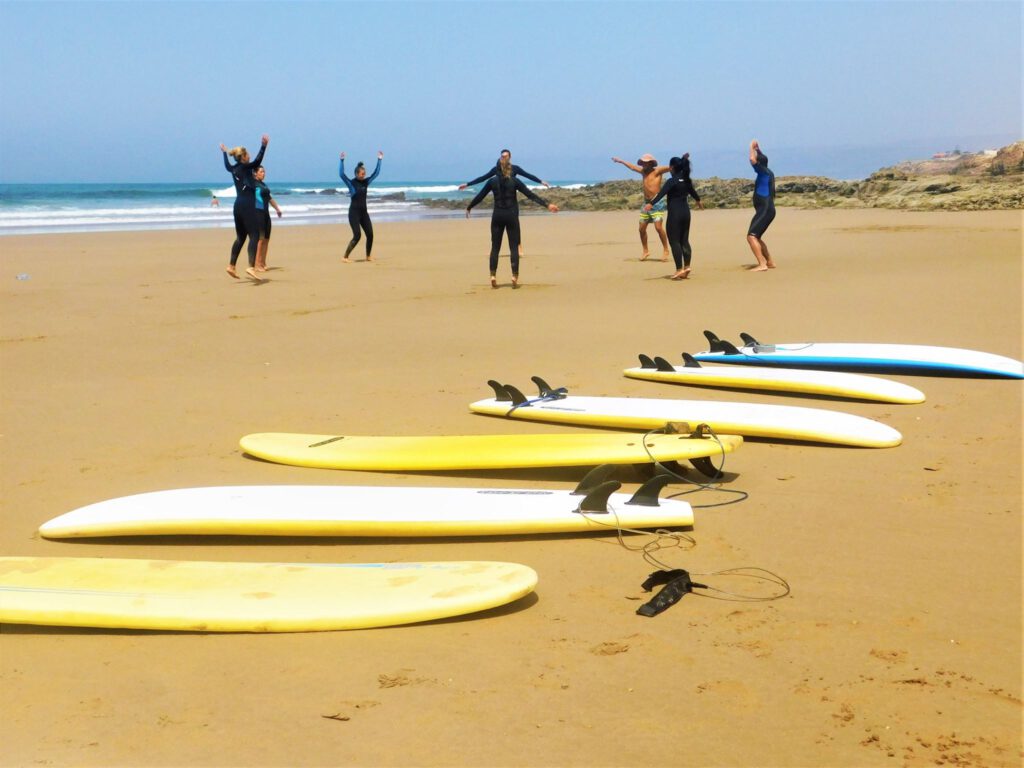
Injury susceptibility as you get older.
One thing to keep in mind if you want to learn to surf in your 30s is that in your 30s you are more likely to get injured than when you were 20. This of course applies to every sport that you will perform.
It is therefore very important as a 30-something to constantly maintain your physical condition.
You also have to warm up sufficiently as a 30-year-old before diving into the cold sea and going surfing.
5 tips to learn to surf in your 30s
- Make sure you are in good physical condition. Train your endurance and strength training for arms, shoulders and back. You can get great training for surfing by going swimming. Yoga can also help to practice your balance. A good physical condition also ensures that you are less likely to incur injuries
- Become friends with the sea and the waves. A big part of surfing is between your ears! Make yourself comfortable between waves, currents and the sea.
- Take surf lessons for beginners. Whether this is in a surf camp on holiday or some surf lessons in your area. Surf lessons help you to learn the correct methods of surfing quickly and safely.
- Surf the right waves that suit your surfing level. We understand that you prefer to lie in the water all day and surf every day. Still, it makes no sense to surf if the waves are not strong enough or if the waves are too powerful for your level. Rather save your energy for a day when the waves are perfect!
- Use the right surf equipment. Both the surfboard and your wetsuit are very important. Your surfboard must be a softboard, this protects you against falls and bumps. A softboard also has sufficient volume to make learning to surf easy. A good wetsuit ensures that you are comfortable in the water and that you do not get cold.
